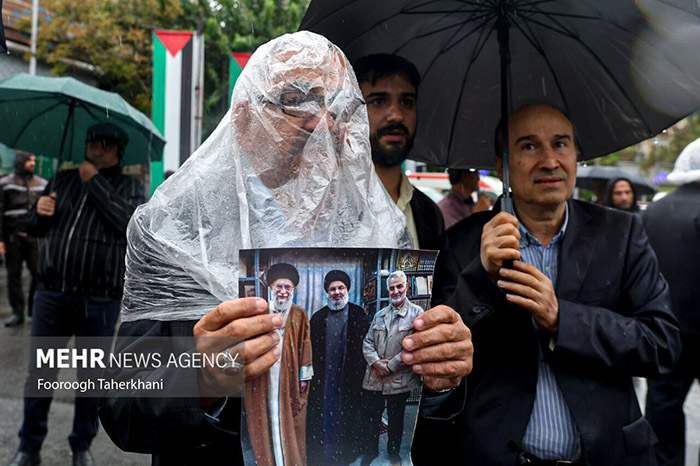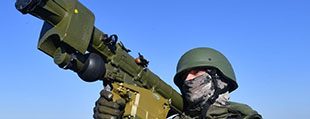Russia’s Reaction: A Call for Peace and Stability
Russia, a key power broker in the Middle East with military and diplomatic presence in Syria and a balancing role in the Israeli-Palestinian conflict, expressed its disapproval of Israel’s assassination of Nasrallah. The Russian Foreign Ministry condemned the killing, warning of the potential for increased instability in the region:
“This forceful action is fraught with even greater dramatic consequences for Lebanon and the entire Middle East.”
Russia’s response reflects its broader foreign policy in the Middle East, where it seeks to maintain stability and foster relationships with both Israel and key regional actors such as Syria, Iran, and Lebanon. Moscow’s disapproval of Israel’s actions comes from its fear that further escalation could lead to greater instability, undermining Russia’s strategic interests in Syria and the wider region.
Russia’s balancing act in the Middle East involves maintaining a careful diplomatic relationship with Israel, while also supporting actors like Syria and Hezbollah, which have been key allies in Moscow’s intervention in the Syrian civil war. However, Israel’s military actions against Hezbollah, particularly the killing of its leader, complicate this balancing strategy.

